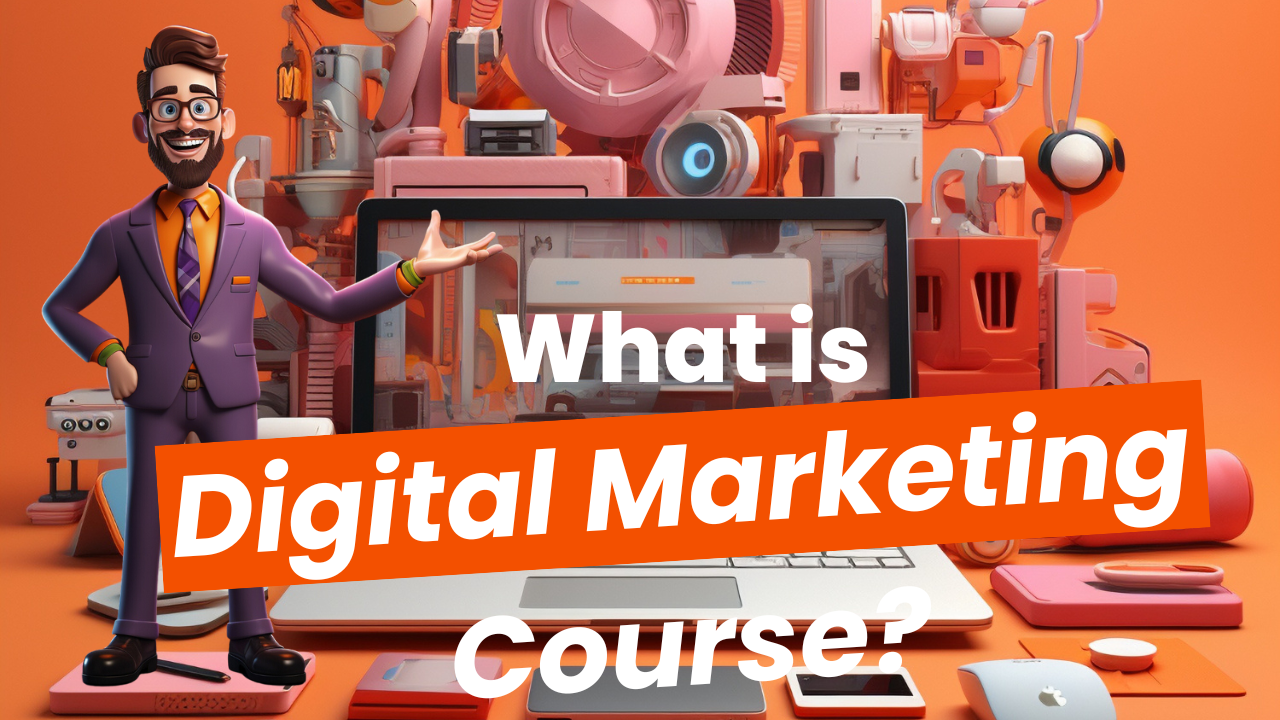Digital marketing is a broad term that encompasses all marketing efforts and strategies that use digital channels and technologies to connect with and engage with customers where they spend much of their time: online. It includes various online tactics and channels to promote products, services, or brands and reach a target audience. Digital marketing leverages the internet and electronic devices such as computers, smartphones, tablets, and social media platforms to deliver marketing messages and drive desired actions.
Today Digital marketing refers to the practice of promoting Company products, services, or brands using digital channels and technologies. It encompasses a wide range of online marketing strategies and tactics to reach and engage with target audiences. With the increasing use of the internet and digital devices, digital marketing has become an essential part of many businesses' overall marketing strategies.
Key Components of Digital Marketing:
Search Engine Optimization (SEO): SEO involves optimizing your website's content and structure to improve its visibility in search engine results. The goal is to rank higher in organic (non-paid) search results for relevant keywords, thus driving more organic traffic to your website.
Pay-Per-Click Advertising (PPC): PPC advertising involves placing ads on search engines and other platforms, and you pay a fee each time someone clicks on your ad. Now a days Google Ads is one of the most popular platforms for PPC advertising.
Social Media Marketing: This involves promoting your products or services on various social media platforms such as Facebook, Instagram, Twitter, LinkedIn, and others. Social media marketing aims to engage with your target audience, build brand awareness, and drive traffic to your website.
Content Marketing: Focuses on creating & distributing valuable, relevant, consistent content to attract and retain a specific audience. This can include blog posts content, articles, videos, infographics, and more.
Email Marketing: Email marketing involves sending targeted emails to your company subscribers or customers. It's a good way to nurture leads, promote products, share news & maintain customer relationships.
Affiliate Marketing: That mean you partner with other businesses or individuals (affiliates) who promote your company products or services in exchange for a commission on sales generated through their efforts.
Influencer Marketing: This strategy involves collaborating with influencers, who have a significant following on social media or other platforms, to promote your products or services to their audience.
Online Public Relations (PR): Online PR involves managing your brand's reputation and image through various digital channels. It includes managing reviews, addressing customer concerns, and maintaining a positive online presence.
Analytics & Data Analysis: that is digital marketing relies heavily on data analysis to measure the effectiveness of campaigns. Tracking Tools like Google Analytics provide insights into website traffic, user behavior, conversion rates, and more.
Mobile Marketing: Now a Days mobile marketing involves strategies to target users on smartphones and tablets. This can include mobile-friendly websites, mobile apps & SMS marketing.
Digital marketing is dynamic and constantly evolving due to changes in technology, consumer behavior, and platform algorithms. Successful digital marketing campaigns require a deep understanding of your target audience, strategic planning, creative content creation, and continuous optimization based on data-driven insights.

 January 08, 2024 - BY Admin
January 08, 2024 - BY Admin